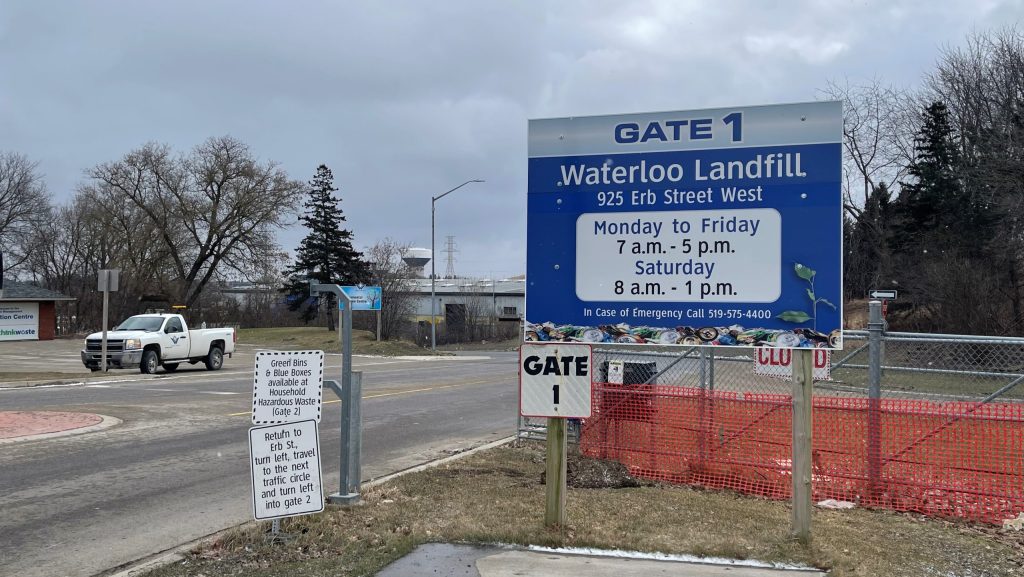Navigating the path to the podium during a pandemic
Posted Feb 9, 2021 03:45:00 PM.
The Tokyo Olympics are now less than 5 months away. For high performance athletes looking to secure a spot on Team Canada, the ongoing pandemic has added an extra level of stress as they try to figure out new ways to get in Olympic level training, while at the same time adhering to public health safety protocols.
So when Archery Canada arrived in Cambridge last month with 13 athletes and 4 staff for a 5-day training camp, it marked the first time in 12 months the team had all come together to train as a group. “We’ve been training, but we’ve been training in isolation with much smaller groups,” says Alan Brahmst, High Performance Advisor at Archery Canada. “You can’t create a competitive environment for the athletes in that type of environment.”
The training camp was held under an Ontario government exemption that enables high performance athletes to continue training during the provincial lockdown in preparation for this year’s Olympic Games in Tokyo. The camp took place at the ComDev Indoor Soccer facility in Cambridge under rigorous safety protocols, both prior to and during the training camp.
“Under these conditions, this was anything but a normal training camp for our group,” says Shawn Riggs, Head Coach for Archery Canada’s High Performance Recurve program. “I’m glad to see how everyone executed our protocols and demonstrated collective accountability to keep our environment protected.”
Although Archery Canada’s home training facility is in nearby Peel Region, the decision was made to hold this training camp in Cambridge for a number of reasons. The ComDev Centre provided more space than their facility in Peel, which allowed the training camp to create a more competitive environment for the athletes while also providing enough room to adhere to safety measures such as social distancing. Team staff were also impressed by how willing city officials, the local health unit, and accommodations and training facilities staff were in working with the team to put protocols in place for the camp. “Everyone really wanted to make this work,” says Brahmst.
With the Olympics drawing closer, holding a more competitive training camp was critical for the athletes. “There is no replacement for high level competition, and we certainly saw some of that last week,” says Rigg. “We have an obligation to prepare ourselves as best as possible for the year ahead, and this camp was a key component of that preparation – we learned a lot.”
Despite an unusual training year for the program, Riggs says he came away from the camp feeling optimistic. “Our women’s program continues to show progress and our men’s program had its strongest performance ever with at least 6 men showing they are ready to compete at the international level.”
Outside of the ComDev centre and strength training at the A.R. Kaufman YMCA, Riggs said the athletes stayed in their own rooms at their hotel. “We had concern about the athletes feeling isolated,” he explains. “However, the feedback we received has been exactly the opposite.” According to Riggs, the team ate their meals together virtually, using Zoom. They also found ways to stay engaged through online games and video calls. “The general feedback from the athletes was that they saw similar benefits to pre-covid camps, in terms of team comradery and cohesiveness despite the unique challenges.”
As a side note, Riggs – who is a Kitchener native – said it was nice to hold this training camp in Waterloo Region. “The region is ideally suited for this kind of camp,” he says. “I would love to see more sports make use of the area for camps, competitions or even as a permanent home for their programs.”








